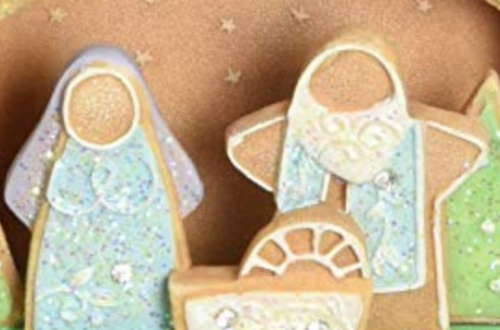Tell MAMA has now been up and running for just over a year. Back in Februrary 2012 I first reported on this important new initiative to counter anti-Muslim violence and bigotry, and it has recently released its first year’s set of results.
More than 630 incidents were logged during the first 12 months of the helpline, launched in an attempt to quantify the scale and nature of anti-Muslim violence in Britain.
Some of the most egregious attacks recorded include a family being forced from their Nottinghamshire home, a five-year-old girl knocked over by a hit-and-run driver and a Somali lady who had dog faeces placed on her head by a white man while shopping in south London.
The attacks, collated by the helpline, Tell MAMA (Measuring Anti-Muslim Attacks), show that Muslim women were targeted in 58% of all incidents.
Not surprisingly, the majority of perpetrators have links with far-right groups such as the BNP and EDL.
Like the CST, Tell MAMA monitors hateful and bigoted discourse as well as actual violence:
Fiyaz Mughal, co-ordinator of Tell MAMA and director of non-profit group Faith Matters said he was “shocked” by the amount of racial hatred they had detected in their first year of monitoring, particularly online.
Mughal, a former advisor to the deputy prime minister, Nick Clegg, added: “We are calling on police and politicians to do more to tackle this shameful wave of fear and prejudice. From the internet, to the workplace, the street and even houses of worship, too often Muslim women and men are becoming the target of vicious, sometimes violent, abuse.
Mughal is keen for the police to record Islamophobic crimes in a more systematic way and for a tougher stance to be taken against online-based hatred. Clearly the latter focus is more complex and potentially controversial than trying to tackle actual violence. But in my opinion Tell MAMA is careful not to set the bar too low, just as the CST generally strikes me as cautious when it adjudicates between antisemitism and criticisms of Israel.
Tell MAMA’s remit includes victims of intra-Muslim prejudice (for example Ahmadis) and it enjoys the support of a wide range of patrons including Sally Becker and Imaan, the LGBT Muslim support group.


